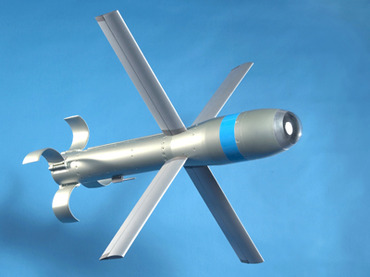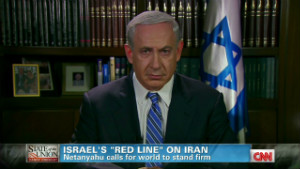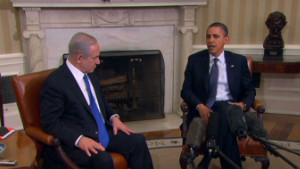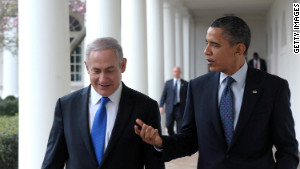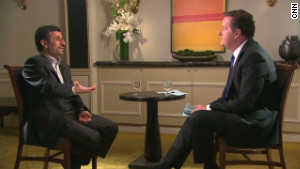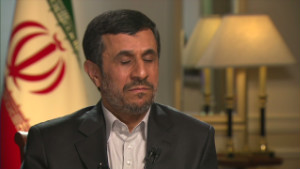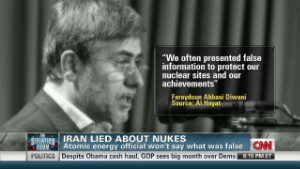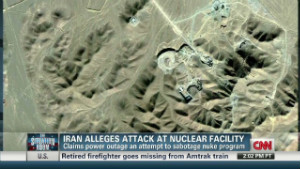'US Drone Strikes Help Saudi Arabia Keep Yemen Divided'...
Courtesy of rt.com
Civilian-killing drone strikes are turning local populations against the US, Ryan Dawson, an American journalist, told RT. He added that the US' campaign in Yemen is part of a bigger scheme to help Saudi Arabia keep its tiny neighbor divided.
RT: Why is the American public not being made more aware of the civilian casualties being caused by these unmanned aircraft attacks?
Ryan Dawson: Well first of all, the claim that they are surgical is not at all accurate. They killed 14 people, I read in the recent report, and they killed eight people last week; again the US claimed that they were all al-Qaeda, but it turned out that one of them was Salem bin Ali Jaber, who was a cleric who was actually vocal against al-Qaeda, and we’ve seen this in Pakistan as well. They rarely even give names of the victims at all, so that part is almost discredited completely, that they are surgical strikes. I think there was a bump in the news coverage when a 16-year-old American was killed in an air strike, but there hasn’t been much coverage. It really depends though. If you’re getting all your news from the state owned media ABC, NBC, CBS, Fox, then you’re not going to hear much about it but there is also a generation of Americans who are getting the news online and it’s pretty easy to find.
RT: Now the drone attacks in Pakistan, which was a staunch American ally, have alienated the civilian population from the cause. Will the same thing happen in Yemen, do you think?
RD: Unfortunately I think so, one of the more nasty things that has been happening in Pakistan is this policy of the follow-up attack, in which the drone will take out what we assume are militants but which are often civilians, and then do a second strike killing the people who have gone to aid those murdered in the original strike. That has been very disastrous in Pakistan, and last July in Yemen we had a similar process occurring – and that can do nothing but alienate the locals.
RT: While the wars in Afghanistan and Iraq get all the attention, the air strike campaign in Yemen is rarely mentioned by Washington. What is the US trying to hide, if anything?
RD: Well actually even the war in Afghanistan didn’t get that much attention until recently; the US is hiding a lot. Part of this whole debacle is assisting Saudi Arabia – they are partners as well, and the fiasco in Syria aided the GCC (Gulf Cooperation Council), and NATO are hiring mercenaries there as well. This is in the Saudi’s interest; the conflict in Yemen has been going on since the Sixties. This isn’t just part of the random Arab Spring.
RT: Is the drone campaign reaching its military goals, given that whole areas of Yemen are still under militant control?
RD: That would depend on what you assume the military goals even are. Sometimes the military-industrial complex spends money just for the sake of it. It’s not always to win, sometimes it’s a process of killing what you create – and I don’t really agree that this is a conflict between Islamic militants versus the government. Yemen was just unified in 1990; they had a civil war in 1994. South Yemen has had its accession movement since 2007, and it wasn’t about religion or ethnicities, it was about resources. The majority of the oil is on that side of the country, although the majority of the profits have been allocated to the north. These are monetary issues. It has become more of a religious issue because of the press and because the US policy of killing civilians drives people in that direction. They don’t even have to see eye to eye ideologically, they just have a common enemy.
RT: The power vacuum created by the Yemeni version of the Arab Spring has enabled, some say, Islamist militants to move in, but has it also given America more room to operate there with impunity?
RD: Well I think they are doing that already, it’s the drone strikes that you asked, before Afghanistan and Iraq got more attention because they had more American boots actually on the ground. This is a playground for drone warfare, and it is assisting Saudi Arabia in its aim of keeping Yemen divided as they have been doing since the 1960’s – this isn’t Yemen’s first Civil War.

